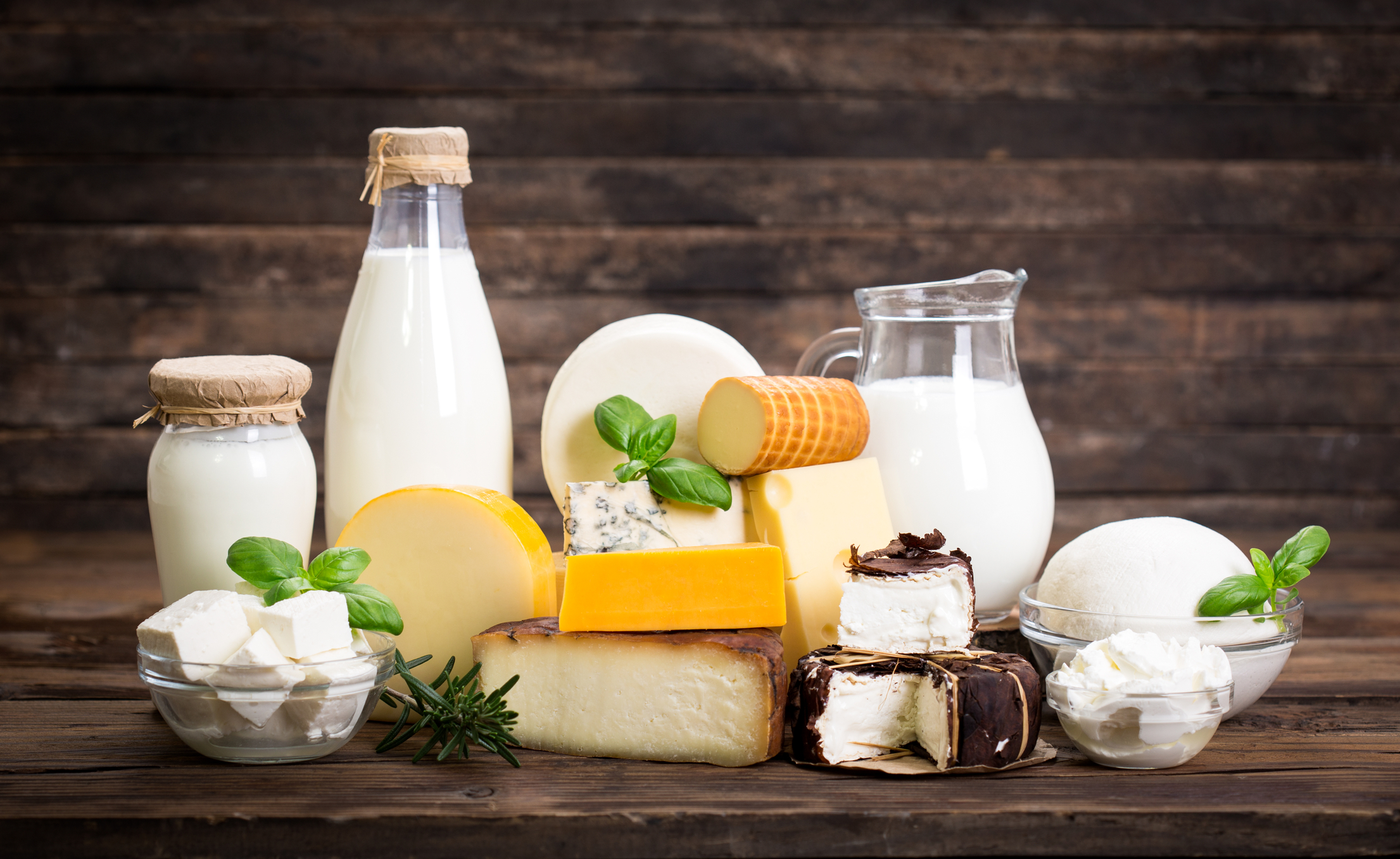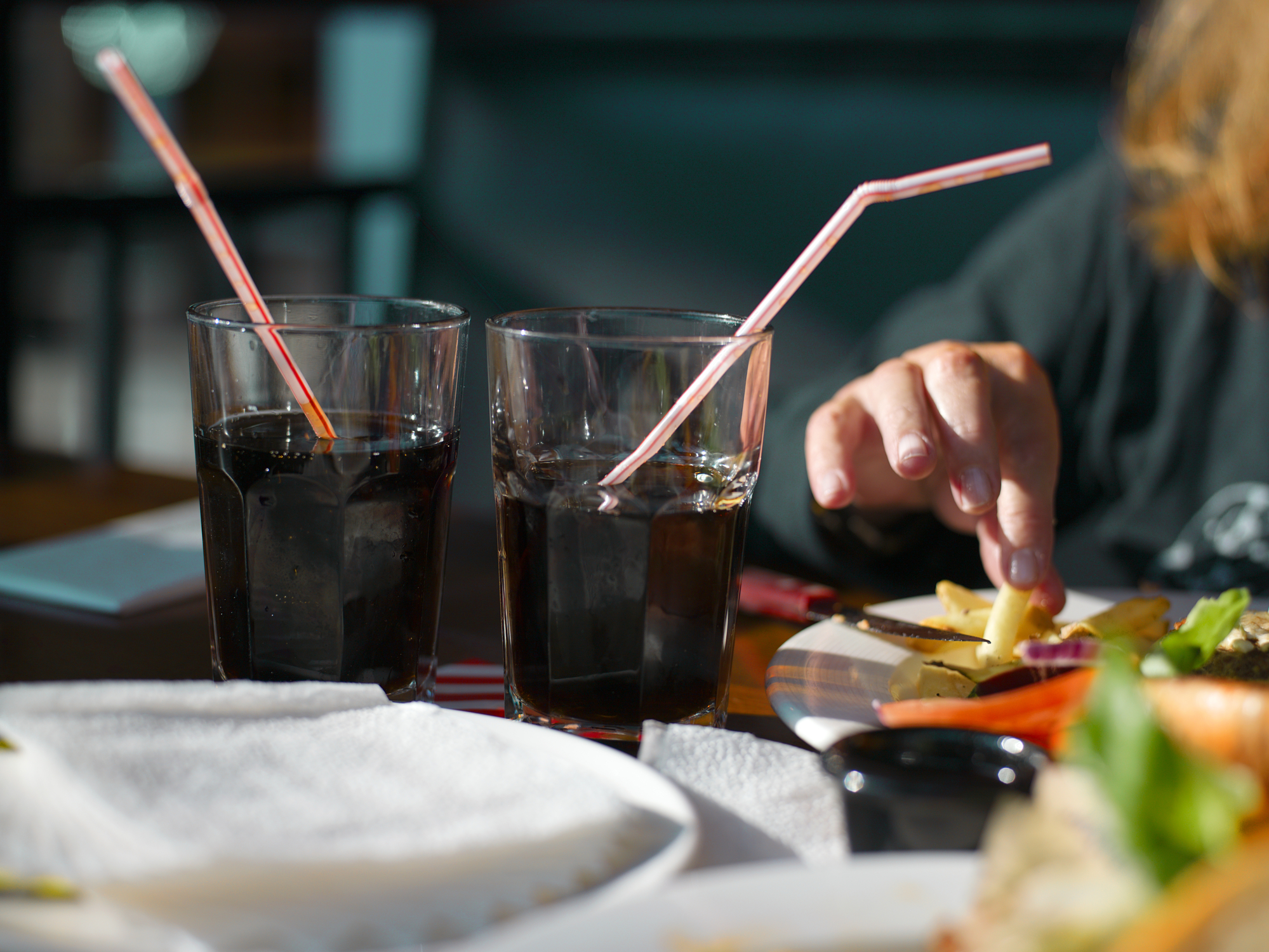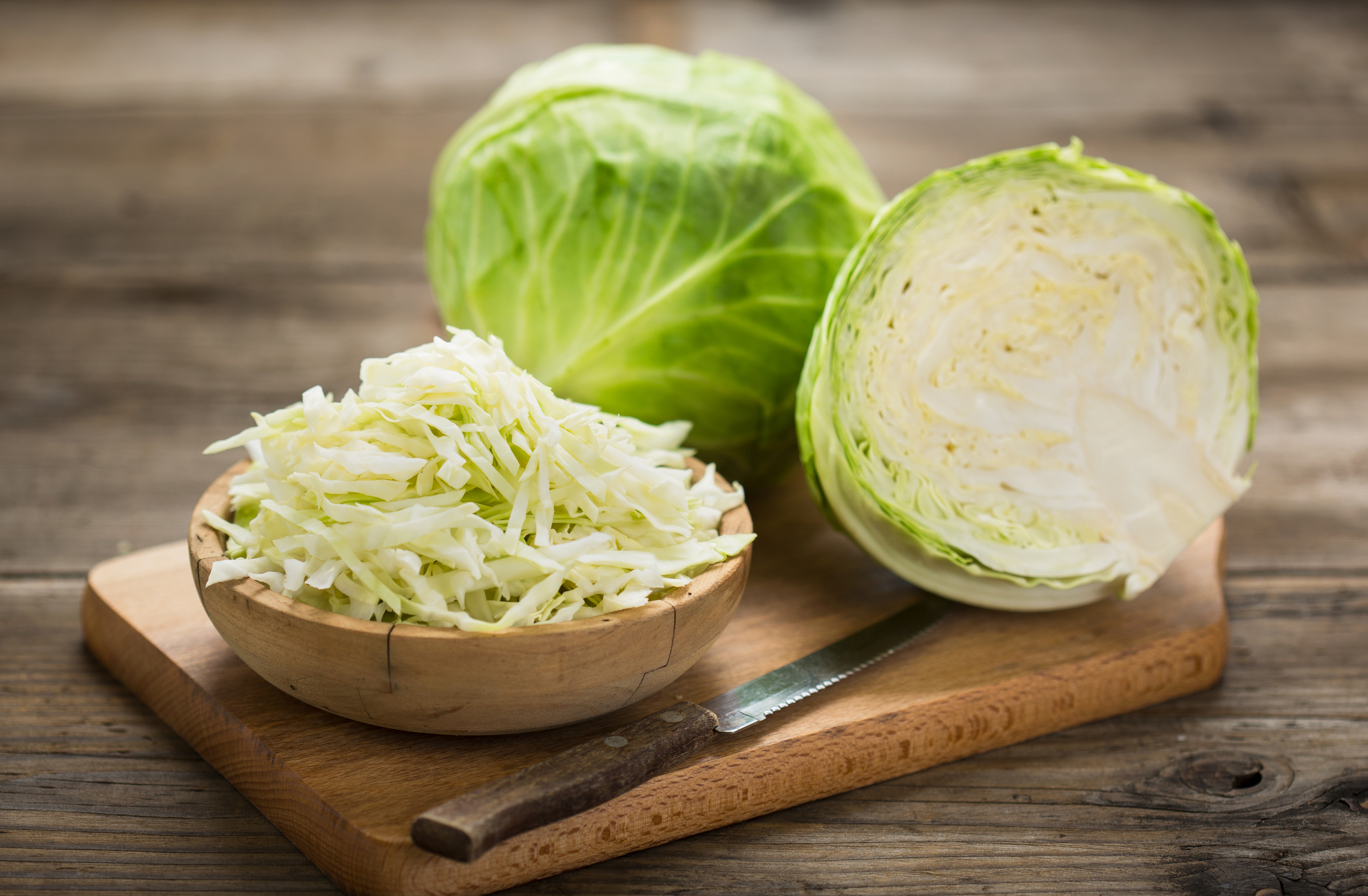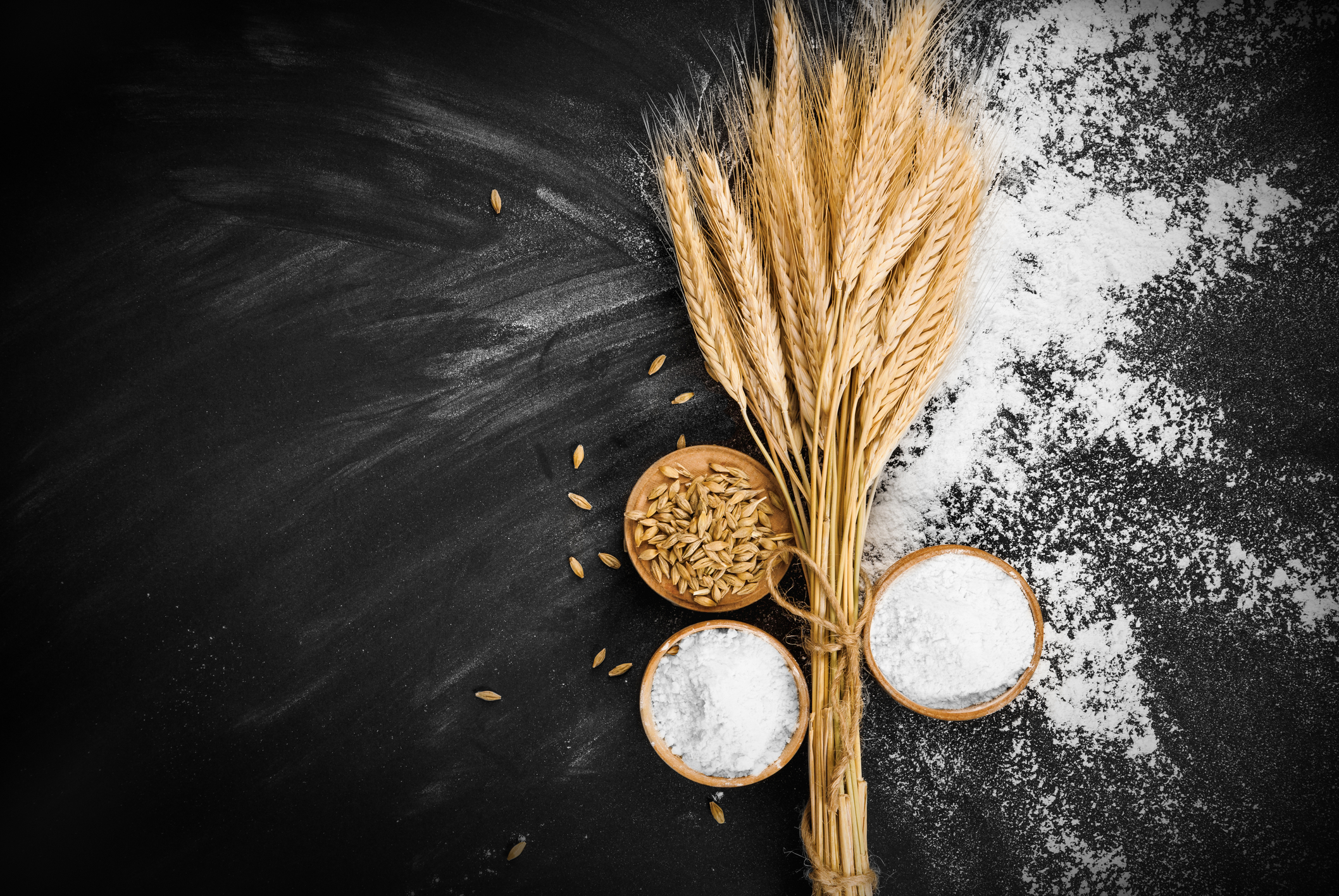Dodge the Bloat: Five Culinary Culprits to Steer Clear of for a Gas-Free Existence
Beans, known as the 'musical fruit', are renowned for their capacity to produce gas. This situation occurs because our bodies find it hard to digest the complex sugars known as oligosaccharides, found in beans. As these sugars make their way into our lower intestine, they're feasted upon by bacteria, resulting in the creation of gas. So, despite their nutritious offerings, including high amounts of fiber, protein, and vitamins, it might be best to reduce their intake or prepare them in ways that minimize the gas-producing effect.
There are methods to avoid the gas concern linked to beans. Soaking dried beans for at least four hours or overnight before cooking can lessen the gas-inducing sugars. The use of ingredients such as epazote and kombu seaweed can also aid in reducing gas. Pressure cooking beans can also help in making oligosaccharides more digestible. A gradual increase of beans in the diet can let your body gradually adjust to the complex sugars without causing much gas trouble.
Dairy: A Deceptive Delicacy

Dairy products, such as milk, cheese, and ice cream, are well-loved foods for many. However, they can contribute to gas if you’re lactose intolerant, which means your body cannot digest lactose - the sugar found in dairy products sufficiently. The undigested lactose passes into the colon where it is fermented by bacteria, leading to gas production.
If you've noticed discomfort or bloating after consuming dairy, you may wish to monitor your symptoms carefully. Consider switching to lactose-free dairy products or taking over-the-counter lactase supplements before eating or drinking dairy. In addition, there are plenty of dairy-free substitutes, from almond milk to coconut-based ice cream, that offer delicious alternatives without the risk of gas.
Farewell to Fizzy Drinks

The bubbly nature of fizzy drinks gives them their satisfying pop and fizz, but that same characteristic can contribute to gas and bloating. Carbonated beverages, including soft drinks and sparkling waters, contain dissolved carbon dioxide, a gas. When you consume these drinks, you ingest that gas. While some of it gets released through burping, a substantial amount travels to your intestines, leading to gas and bloating.
It's best to limit your intake of fizzy drinks and opt for flat drinks when possible. Herbal tea, fruit-infused water, and regular water can quench your thirst just as effectively without the gas-related side effects. If you still crave that fizz, consider a glass of kombucha, a fermented tea drink. It's carbonated but also contains probiotics, promoting better digestion and potentially countering any gas it could create.
Cabbage and Its Cousins

Cruciferous vegetables like cabbage, broccoli, and kale are known health superstars, packed with fiber, vitamins, and phytonutrients. Unfortunately, they can also trigger gas due to their high fiber content and the presence of a sugar called raffinose. Our bodies do not produce the enzyme needed to break down raffinose, making it fermentable in our gut and producing gas.
Though it's not advisable to eliminate these nutrient-dense veggies completely, you can take steps to reduce their gas-producing effects. Cooking these vegetables, especially steaming, can make them easier to digest. You can also balance out your meal with vegetables that don't produce as much gas, such as zucchini, tomatoes, or bell peppers.
Wary of Wheat

Wheat is a significant component of many diets, found in a variety of foods ranging from bread to pasta. However, wheat contains fructans - short-chain carbohydrates that can be difficult for some people to digest, leading to gas production. This effect is especially notable in people with irritable bowel syndrome (IBS) or wheat sensitivity.
To reduce bloating and gas, you could try and limit your overall wheat consumption and explore wheat-free alternatives. Grains like rice, oats, and quinoa serve as excellent substitutes and carry their own health benefits. Gluten-free products are another option though note that they may still contain other high-FODMAP ingredients (foods that could contribute to gas) like beans or lentils.
The Sweet Side of Sorbitol

Artificial sweeteners such as sorbitol, found in sugar-free candies, gums, and some diet drinks, can also cause bloating and gas. Sorbitol is slowly and poorly absorbed in the small intestine and, thus, ends up in the colon, where it's fermented by bacteria, generating gas.
Sorbitol is also a type of sugar alcohol found naturally in some fruits like apples, pears, and peaches. If these fruits cause discomfort, limiting your intake may help reduce gas. Also, be conscious of your consumption of products labeled as "sugar-free" or "no sugar added," as they might contain sorbitol or other sugar alcohols like xylitol and mannitol.